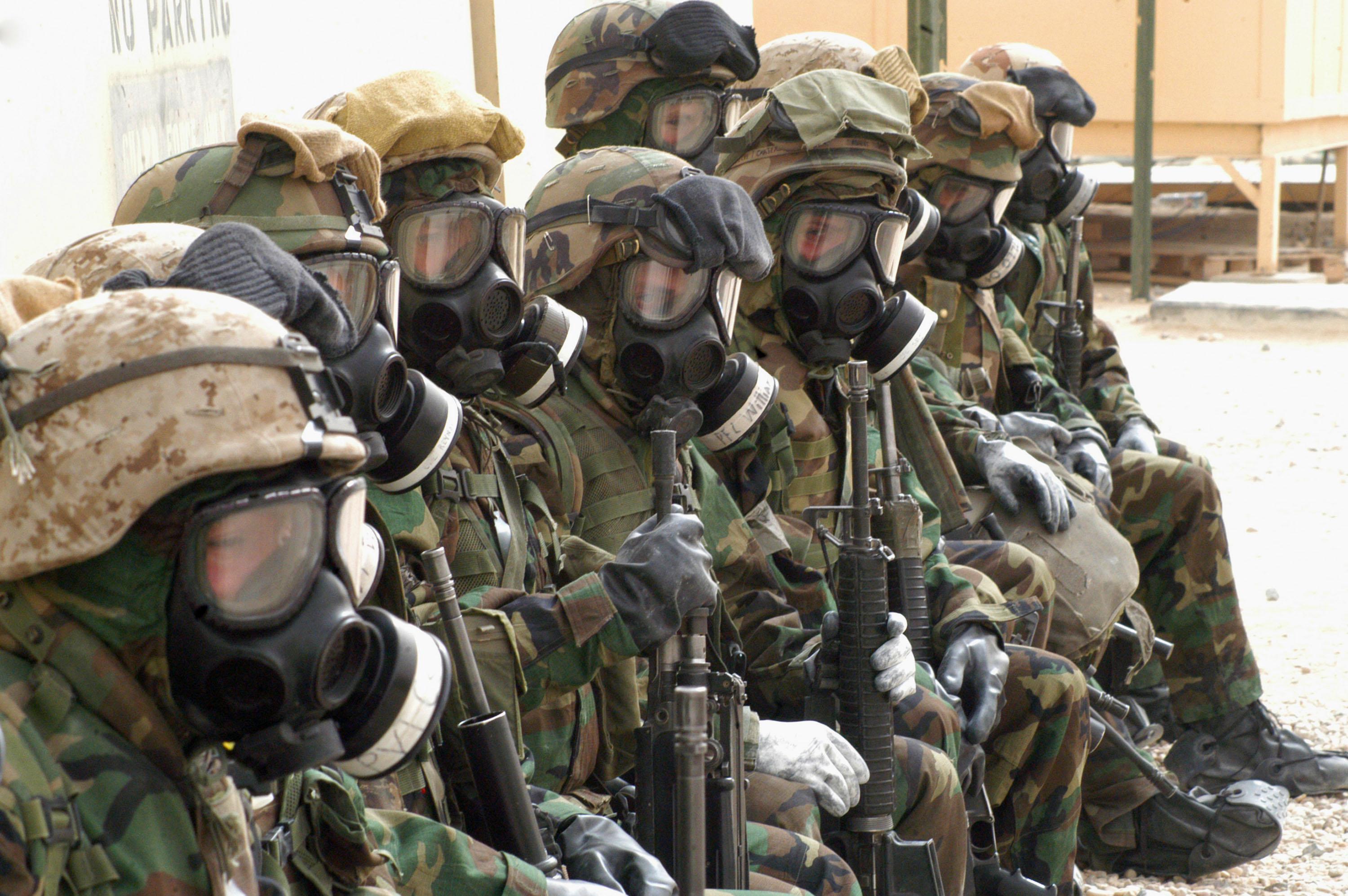The exposure of the American military to chemical agents in Iraq is far higher than previously believed, the New York Times reported on Thursday. More than 600 service members told military medical staff of potential exposure to chemical agents over the last decade, but defense officials tell the Times “the Pentagon failed to recognize the scope of the reported cases or offer adequate tracking and treatment to those who may have been injured.”
The Times’ C.J. Chivers outlines the implications of the revelation:
The Pentagon’s disclosure abruptly changed the scale and potential costs of the United States’ encounters with abandoned chemical weapons during the occupation of Iraq, episodes the military had for more than a decade kept from view. This previously untold chapter of the occupation became public after an investigation by The New York Times revealed last month that while troops did not find an active weapons of mass destruction program, they did encounter degraded chemical weapons from the 1980s that had been hidden in caches or used in makeshift bombs.
The Times initially disclosed 17 cases of American service members who were injured by sarin or sulfur mustard agent… But an internal review of Pentagon records ordered by Defense Secretary Chuck Hagel has now uncovered that hundreds of troops told the military they believe they were exposed, officials said… Having not acted for years on that data, the Pentagon says it will now expand outreach to veterans. One first step, officials said, includes a toll-free national telephone hotline for service members and veterans to report potential exposures and seek medical evaluation or care.
“ ‘It’s too little, too late,’ said Jordan Zoeller, a former Army sergeant who served in a platoon that was exposed to sulfur mustard agent as soldiers destroyed buried chemical artillery shells near Taji in 2008,” the Times reports. “Mr. Zoeller was medically retired after developing a series of health problems, including asthma and psoriasis. He said his breathing trouble began within weeks of the chemical episode, though he is not sure its onset was related to mustard agent because the Army denied that he had been exposed and did not examine his claims.”
